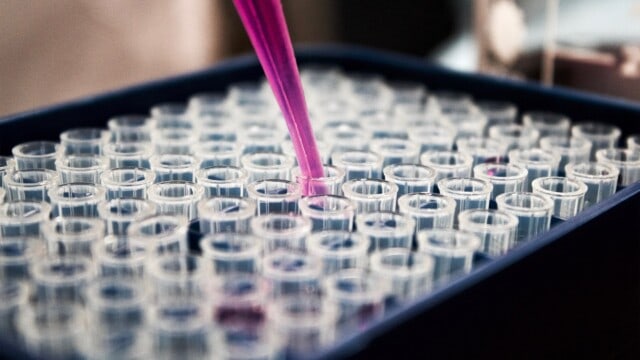Section I
Overview
As cancers become more amenable to treatment, outcome disparities tend to grow (Tehranifar et al 2009). Thus while precision medicine in aggregate has great potential for improving overall survival from cancer, it also is likely to exacerbate health disparities.
In 2011-2014, Equal Care developed a care process survey project to better understand the experience of women as they navigate across the breast health system in Chicago and how such experience differs depending on entry point. Equal Care found Chicago’s breast healthcare system highly fragmented with many women of color entering the breast healthcare system at limited service facilities with no or limited pathways to comprehensive breast centers if recommended for biopsy or diagnosed with cancer.
The institutions involved with precision medicine and risk assessment/genetic testing research tend to be academic facilities or higher resourced urban/suburban facilities. The limited service facilities have relatively low volume of patients diagnosed with any given cancer and thus are not targeted by sales representatives of genomics products for education on precision medicine. They also tend to serve patients who are uninsured or on Medicaid and reimbursement for certain higher cost tests may be challenging for patients covered by these plans or who are uninsured.
To lower costs, many insurance plans especially Illinois Medicaid plans, are avoiding contracting with academic institutions and other higher cost providers. This likely affects patients’ access to precision medicine. However, legislation advocated for by Equal Hope and passed in 2015 requires all Medicaid plans to have an Academic Commission on Cancer accredited cancer program in network, though patients are unaware of their rights in this area.
To develop solutions to ensure equity in access to precision medicine, we need to accurately document the current state and then develop and test interventions.
Section II
Objectives of the Project
Equal Care seeks to engage 90% of Chicago’s breast cancer screening, diagnostic and treatment facilities in a city-wide effort to understand barriers to personalized medicine for breast cancer in Chicago as a model for access to personalized medicine in cancer generally in Chicago.
Objective #1
Equal Care will collect data from 80% of Chicago’s breast cancer screening, diagnostic and treatment facilities regarding access to personalized medicine, care processes including tumor handling, onco-typing, recurrence scoring, genetic counseling and testing and referral practices.
Objective #2
Equal Care will identify/map out gaps in women access to personalized medicine across Chicago for breast cancer using data collected.
Objective #3
Equal Care will provide site specific reports to participating healthcare institutions (Goal is 39 participating facilities) on how they are doing with respect to facilitating access to breast cancer personalized medicine with recommendations for improvement.
Objective #4
Equal Care is seeking funding to develop a digital tool kit for patients, which provides them with information regarding personalized breast cancer medicine and what questions they should pose to their providers across the continuum of care. Equal Care in collaboration with academic partners will conduct focus groups and key informant interviews to inform the content of this tool kit and will pilot its use with patients at its system and its affiliated federally qualified healthcare centers.
